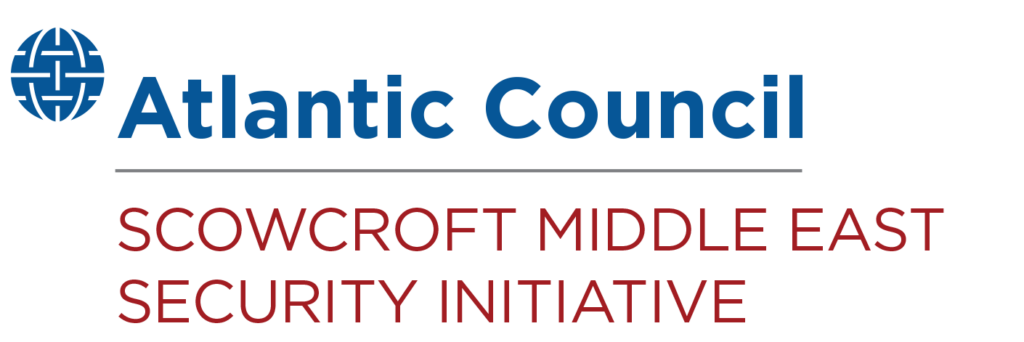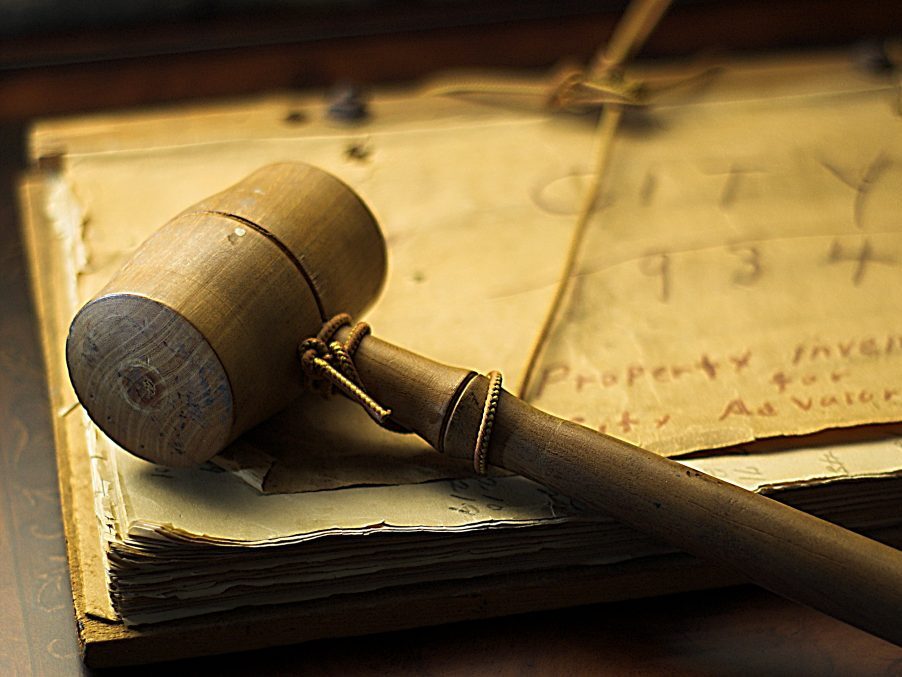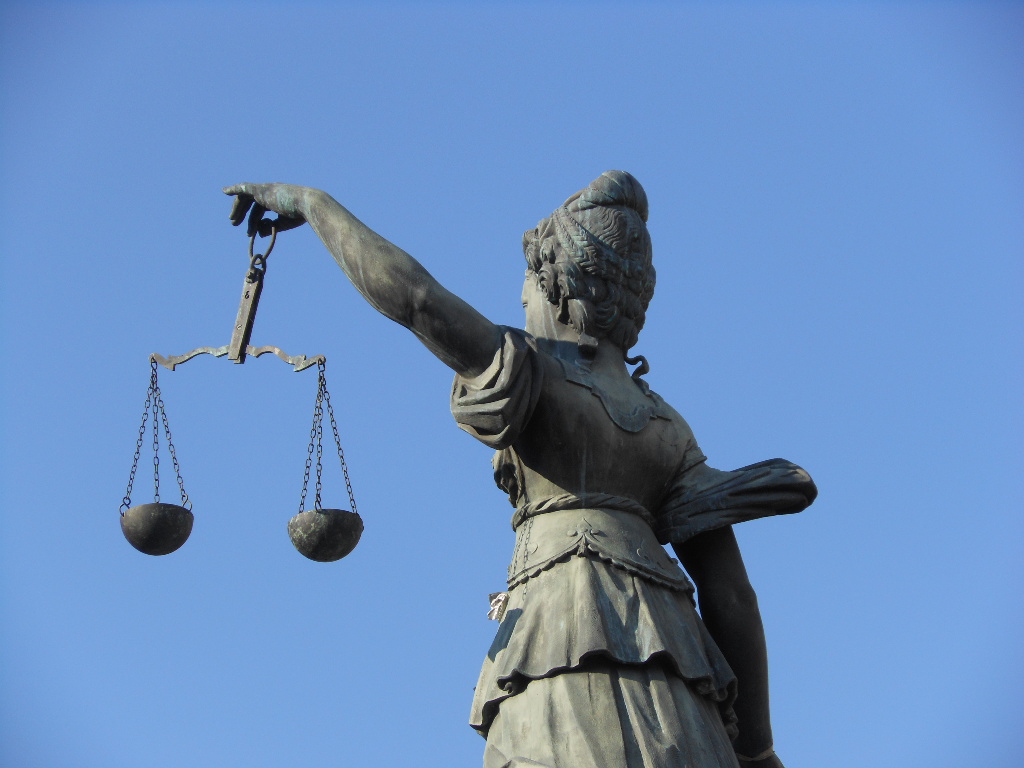Closing the accountability gap on human rights violators in the Islamic Republic of Iran through global litigation strategies
Executive summary
In 2021, the international community is set to re-engage with the Islamic Republic of Iran (IRI) over its nuclear program and other regional and global issues. In 2014-2015, one major criticism of the Joint Comprehensive Plan of Action was that the nuclear negotiations leading up to the deal overshadowed concerns over the IRI’s dismal human rights record—which includes the imprisonment of prisoners of conscience, the execution of individuals for the exercise of their political and civil freedoms, and the persecution of marginalized and minority groups. With no sign of net improvement in human rights in Iran, it is a global imperative to reimagine the ways in which perpetrators of gross human rights violations in Iran can be held accountable.
Investing in strategic civil litigation could prove to be a useful tool toward this goal. Civil litigation authorities that provide remedies in tort for acts of torture, terrorism, crimes against humanity, war crimes, extrajudicial killings, and other human rights violations and atrocity crimes can be used to bring IRI violators to account. It is a targeted, surgical option that directly ties the human rights violations of governments and governmental actors to the money damages they need to pay survivors and victims for those harms. Legal measures are, by their nature, targeted at those in power who abuse their authority. Tools focused on improving human rights accountability take direct aim at those who seek to brutalize their populations. Civil litigation avoids the sweeping, mass punishment of kinetic warfare or broad-based economic sanctions. It also calls for the strengthening of a rules-based system and discourages more extreme measures, like targeted killings. A true peace and security agenda must acknowledge the violence of the daily brutality of dictatorships. Therefore, legal options, which help the globe enforce a rules-based system, should be better understood and improved.
To scope out the potential for legal tools – the Atlantic Council today announced the launch of the Strategic Litigation Project – a landmark new effort that will inject fresh thinking into how legal tools can be used to advance human rights and government transparency. The Project will merge law and policy to advance the concept of using legal tools to hold state actors, state proxies, non-state actors, and affiliated entities to account for human rights violations and abuses, atrocity crimes, corruption, and acts of terrorism.
It is a global imperative to reimagine the ways in which perpetrators of gross human rights violations in Iran can be held accountable.
The project’s debut report, “Closing the Accountability Gap on Human Rights Violators in the Islamic Republic of Iran through Global Litigation Strategies,” by resident senior fellow Gissou Nia, focuses on strategic litigation tools and presents recommendations for new laws, amendments to existing laws, and the creation of enforcement mechanisms to aid in the effort to combat impunity for the IRI’s human rights violations and atrocity crimes.
In writing the report, the author spoke to policymakers, practitioners, academics, and survivor and victim communities in the United States, Canada, and Europe to catalogue existing civil litigation tools and explore the creation of new legal mechanisms to hold officials from the Islamic Republic of Iran (IRI) accountable for human rights violations and atrocity crimes. The study takes a comprehensive look at the justice solution as it pertains to civil litigation strategies—lawsuits for financial damages, injunctive relief, and other remedies against the IRI, its officials, and its proxies, pursuant to torture, terrorism, or atrocity crimes laws.
A live virtual discussion of this report will be held Tuesday, December 15th, from 1:00 p.m. to 2:30 p.m. ET. Please RSVP here if you would like to attend.
For media inquiries, please contact press@atlanticcouncil.org.
Related experts
Learn more about the Strategic Litigation Project

The Scowcroft Middle East Security Initiative (SMESI) provides policymakers fresh insights into core US national security interests by leveraging its expertise, networks, and on-the-ground programs to develop unique and holistic assessments on the future of the most pressing strategic, political, and security challenges and opportunities in the Middle East.

The Atlantic Council’s Strategic Litigation Project injects fresh thinking into how governments and practitioners can apply legal tools to advance human rights and democracy around the world.
Sign up for all the latest updates!
Sign up for the MENASource newsletter, highlighting pieces that follow democratic transitions and economic changes throughout the region.

